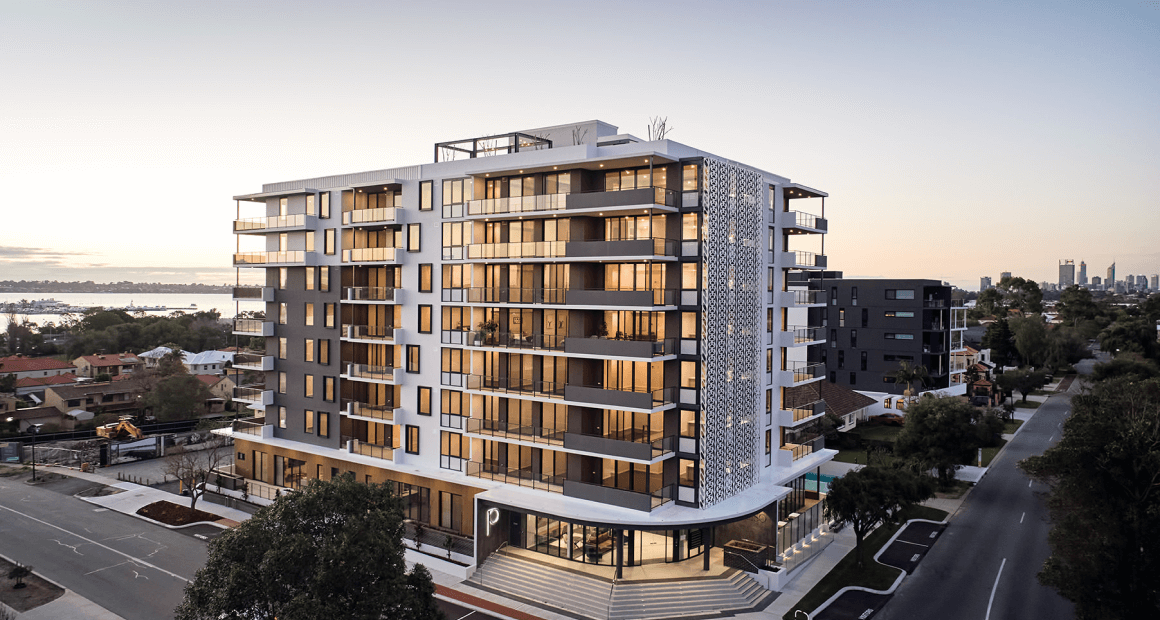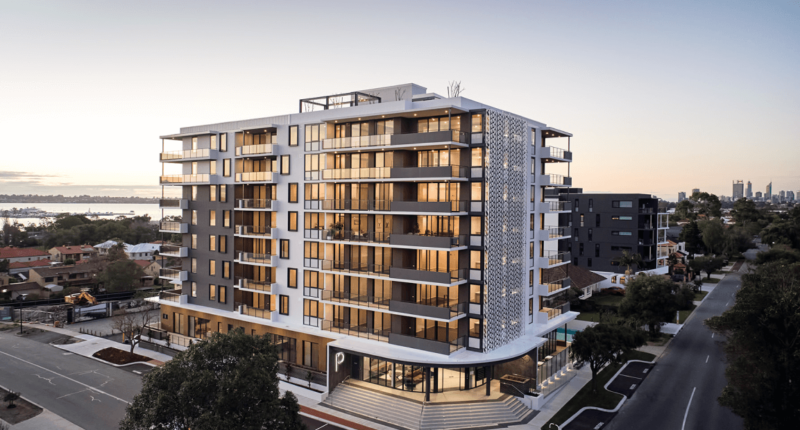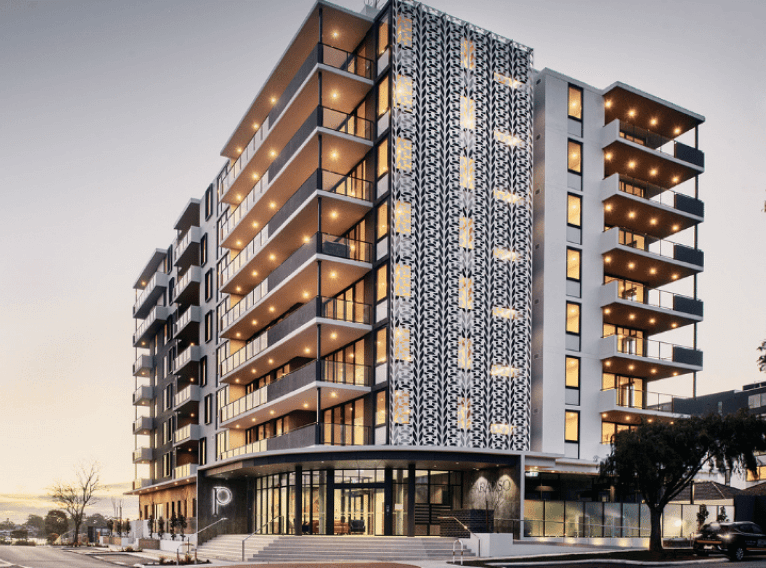Ingwe Capital is a boutique property fund manager focused on residential property as an asset class.
Led by principals Marius Grobbelaar and John Vickers, the company offers, via a managed investment scheme, an opportunity to wholesale investors* to invest and participate in the projects, sharing in Ingwe’s success.
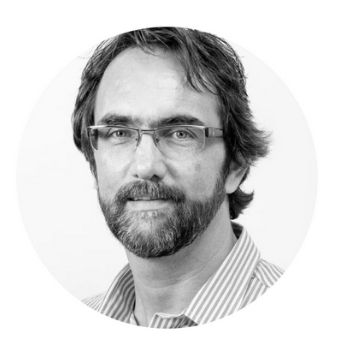
Mr Grobbelaar trained as a lawyer and has held various executive positions including as a Managing Partner of a legal firm and as CEO of the financial services business at a listed company.
He has been active in real estate finance in Australia since 2004, and has been a Director and Responsible Manager of Australian Financial Services licensees since 2006.

Mr Vickers is a chartered accountant with extensive experience in corporate finance and strategic planning, working as a senior executive with various global companies such as KPMG and Alexander Forbes.
Successfully completing numerous residential and commercial projects — including capital raising and development management — he also brings significant property development experience to Ingwe Capital.
One of Ingwe Capital’s more recent investment opportunities included a 51-apartment development called Paradiso, located in the leafy riverside suburb of Como.
Paradiso offered investors strong returns and a quick turnaround, investors saw returns from the project in just three years, and equity investors were rewarded with an above 60% return-on-investment.
With decades of experience between them, larger developments such as Paradiso allowed Mr Grobbelaar and Mr Vickers to structure investment products for the funding of the project.
The products reflected the full capital stack from equity to senior debt and enabled capital to be utilised efficiently during the development process.
Mr Grobbelaar and Mr Vickers both spoke with The Property Tribune about the investor journey and the uniqueness of their funding structure.
The genesis
The development site in Como was acquired using funds contributed by Ingwe Capital principals and early-stage investors as pure equity.
“We certainly do a lot of research around the site and a detailed feasibility before we put the information memorandum together and approach investors,” said Mr Vickers.
“It is one of our business philosophies to always co-invest with our investors in any project,” added Mr Grobbelaar.
“The starting point for a capital conversation is always the investors who have already had a good experience with us… who have travelled with us along the Ingwe journey and invested in different projects”
Marius Grobbelaar, Ingwe Capital
Under the risk-return equation, pure equity is committed first. While this attracts the biggest risk, this offers a significant reward to investors.
The information memorandum projected a 54% return on investment – Ingwe would ultimately outperform that target significantly.
Upon the development application being obtained – a relatively smooth process thanks to deciding upon a design-and-construct model with their builder – Ingwe created a preferred equity product that was linked to securing an apartment at a discount. This was designed to incentivise and reward early investors.
“We would approach investors who we know have appetite for those different classes of investment,” explained Mr Grobbelaar.
“Effectively, you are creating some presales through the preferred equity product as well as raising funding to commence construction,” noted Mr Vickers.
As it is ranked ahead of the pure equity, preferred equity investors take comfort in being backed by millions of dollars of equity already contributed. In this case, preferred equity was offered to investors at a fixed return-on-investment of 25%.
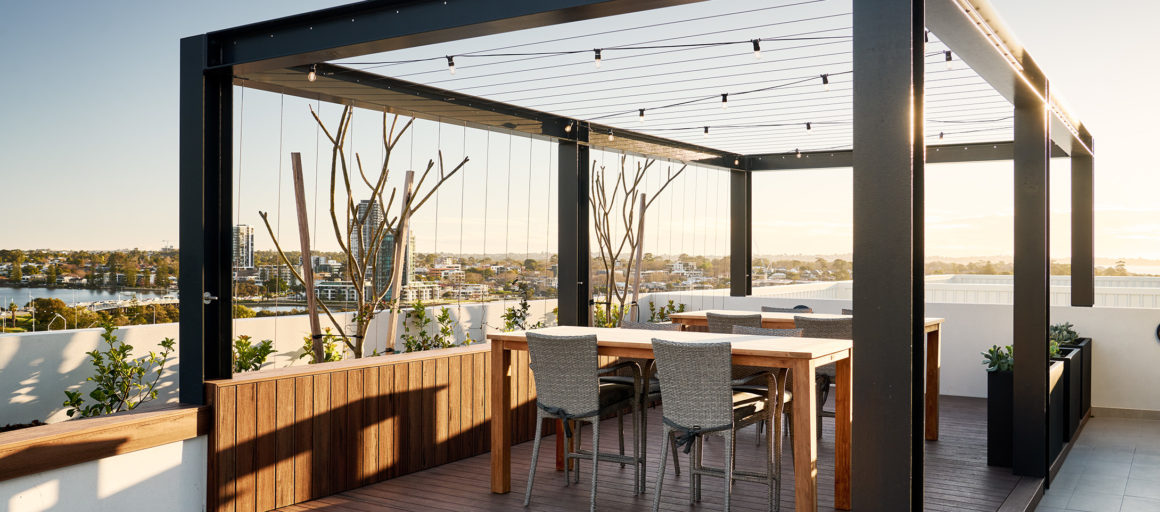
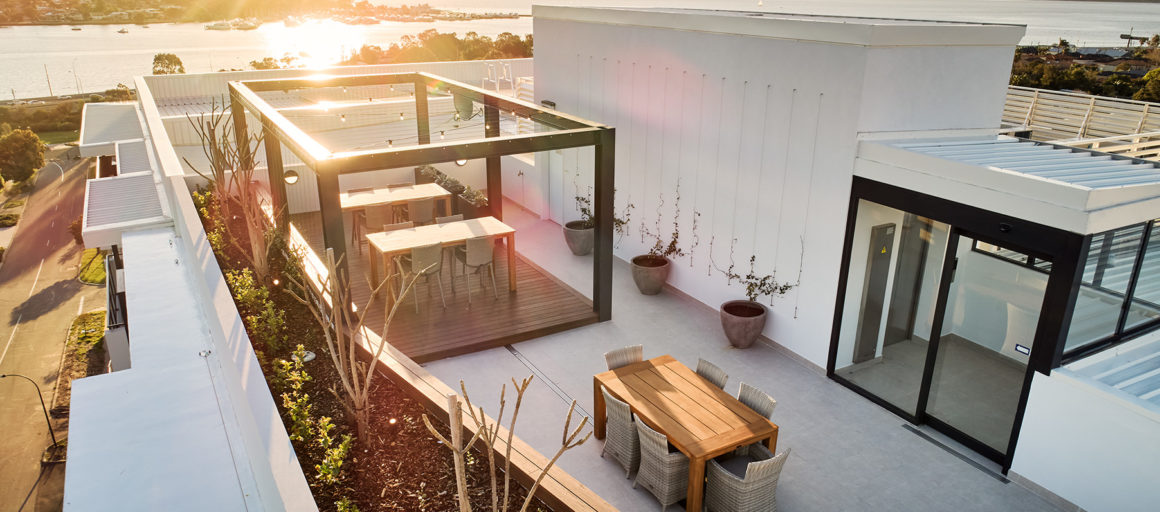
The hurdle
There are many challenges with selling off-the-plan.
“Apartment living is more prevalent in Melbourne and Sydney than it is in Perth,” said Mr Grobbelaar.
“It’s harder to sell off the plan here.”
He explained that the real issue stemmed from a typical buyer needing to put down 10% of the purchase in order to secure the presale.
“Buyers want some certainty that you are not going to sit on their 10% deposit – which is not an insignificant amount for a lot of people – and you’ll never get the project across the line, and you end up handing the cash back three or four years down the track ”
To navigate the chicken-and-egg dilemma of not having the finance to commence construction, the Ingwe team employs a unique funding structure that can be used to commence construction before presales – which itself fuels the presales.
“People can see the groundworks happening, the building starting to come out of the ground…they know it’s happening,”
“That makes a big difference – you are giving buyers a lot more certainty the project is commencing and will be completed.”
John Vickers, Ingwe Capital
“When we look at the challenge at selling 51 apartments, there are two components,” added Mr Grobbelaar.
“One is to give people the confidence to buy. This is real and this is going to happen.”
“The second, from our perspective, is to say ‘What can we do internally using our skillset to do a couple of transactions, to get sales on the board, using our investor networks?’”
Some preferred equity product investors received a discount depending on how early they put their confidence in Ingwe’s project.
“That way, you are assisting with breaking the back of the sales, as you have a good number of early apartments that are sold and accounted for,” said Mr Grobbelaar.
“Because of our structuring ability it has been a good process. It has preserved a lot of the margins inside the development.”
“When you are selling very early on and off the plan, a lot of developers would go and demolish the house or whatever was there before and put up a sales office. “
“For a potential buyer walking past they are just not sure.”
Typically, buyers who may be or are among the first buyers interested in an off-the-plan development are likely to ask for a discount on the asking price. These discounts, however, can cumulatively result in less profit.
“Being able to attract the capital, manage it transparently, and deploying into the project, we are able to come out of the ground quickly. That establishes confidence and trust from buyers to get involved,” continued Mr Grobbelaar.
“You will get better retail prices by the fact you commenced construction,” added Mr Vickers.
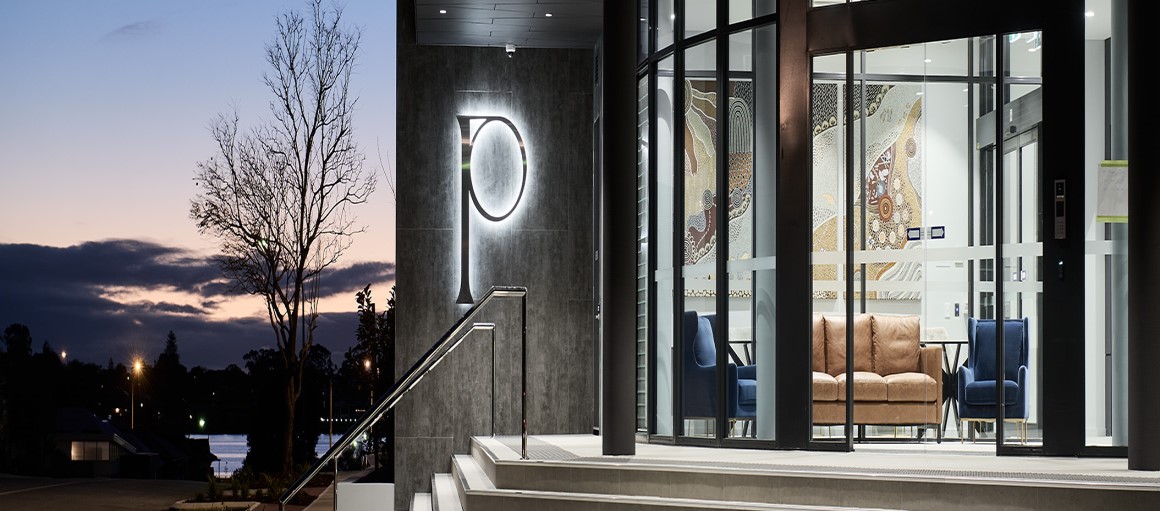
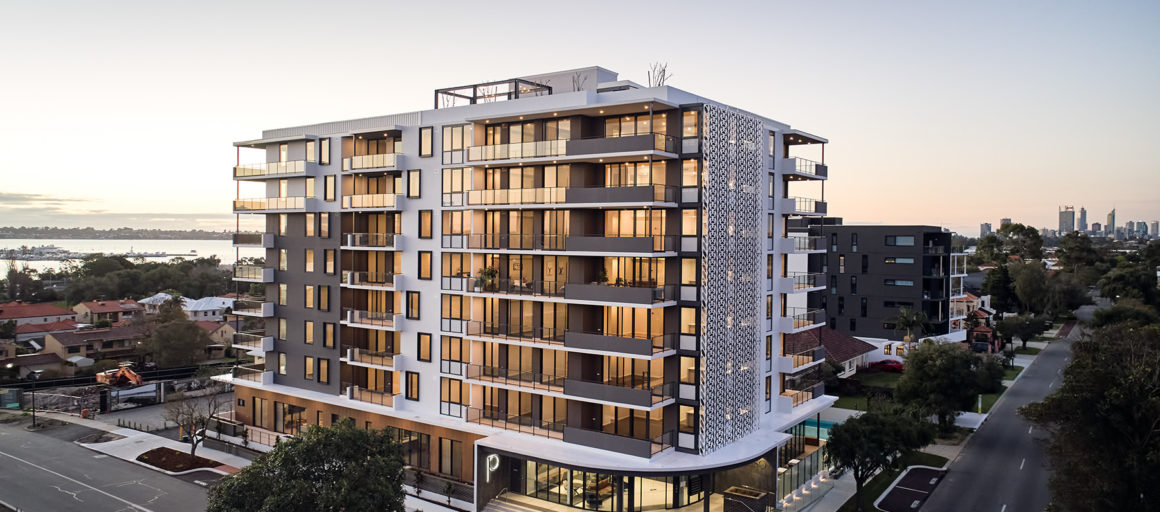
The risk management
Ingwe secured debt funding privately, paying returns to investors rather than a bank. Of the three investment options, this was the lowest risk as it is secured by a first registered mortgage over the property and development.
Once all the bank requirements were met at a later stage of development, this private facility was paid back with an 8% per annum return.
Along with the steps mentioned earlier in ‘The genesis’, these form part of the risk management toolset Ingwe uses to protect all classes of investors.
These actions flow on from Ingwe’s stance on trust and transparency across all investments, and aligning its interests with that of its investors.
Ingwe’s investor profile is diverse, including those with extensive investment experience, others making their first foray into the sector.
Investor interest spans the range of products Ingwe offers, with some investing in all three products by allocating portions to all different classes of investment, to combine lower and higher risk/returns while achieving a blended return.
With many investors of Como Paradiso committed to further projects with Ingwe, it is clear the funding structure was a win for all those involved.
~~
*Wholesale investors in Australia include sophisticated investors who have certification confirming they have net assets of at least $2.5 million or gross income of at least $250,000 during the past two financial years.
Many measures are put in place by ASIC to protect retail investors – including mom-and-dad investors, after all, losing $100,000 is far more devastating for the average Australian compared to a high net worth individual.
